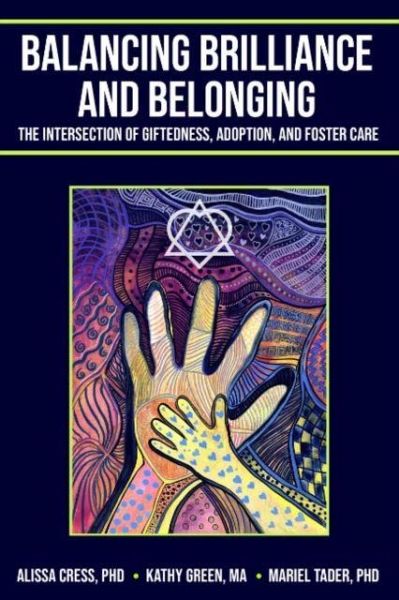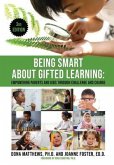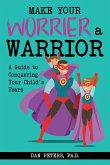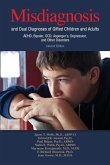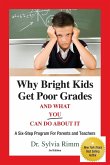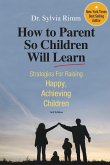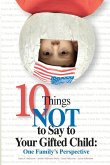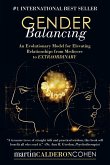If a tree falls in the woods, and no one is around, does it make a sound? How do you know what to do with the tree? High-ability children who are adopted or in foster care can, at times, feel like the fallen tree. They are overlooked for their talents and abilities by those who are supposed to recognize and support their gifts. Instead, they are noticed only because their roots are different from their peers. These roots, together with their grafted, new family affect their growth, perceived potential, and world views. But who will recognize their potential when they are mainly noticed for their differences? Often, typical teacher training programs offer little or no instruction on gifted children; the same is true for counseling and psychology programs. The colleges and universities that provide training on high-ability children and youth (commensurate to the instruction provided to students with disabilities) are a very small minority. Those that provide training on family diversity are equally miniscule. This lack of training may cause school personnel to only look for deficits and misbehavior in an effort to "fix" their students rather than looking at strengths and uncovering "why." Not knowing what to look for when considering giftedness is exacerbated by issues adopted children and children in foster care will face. Problems that this unique population works through may include: loss, trauma, attachment problems, fear of abandonment, perfectionism, shame, personal identity, social development, lasting friendships, discrimination, emotional intensities, isolation, and loneliness. These concerns, together with ways parents, educators, counselors, social workers, and psychologists recognize and address them, will be the foundation of this book.
Hinweis: Dieser Artikel kann nur an eine deutsche Lieferadresse ausgeliefert werden.
Hinweis: Dieser Artikel kann nur an eine deutsche Lieferadresse ausgeliefert werden.

